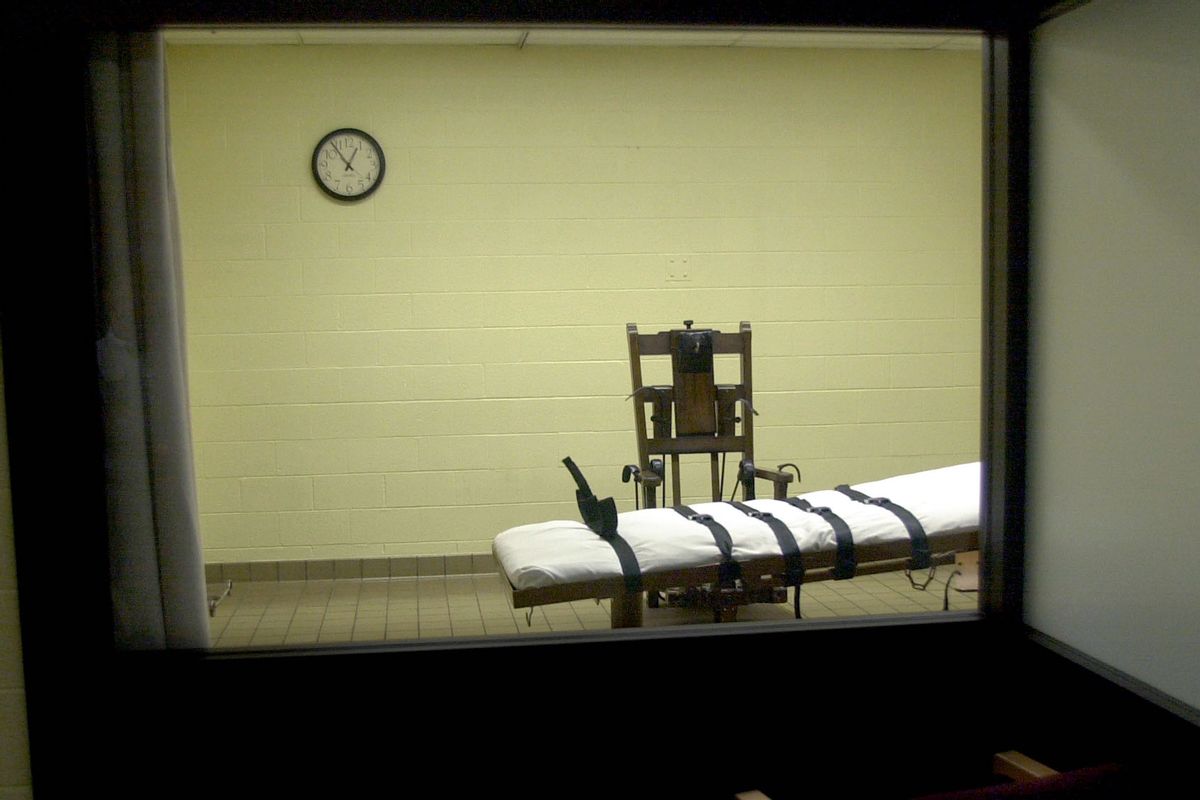A Texas judge granted a last-minute restraining order to stop the execution of Robert Roberson, a death row inmate who many believe is innocent. The temporary reprieve leaves Roberson’s path to exoneration open, though it’s unclear what his next steps are.
Travis County Judge Jessica Mangrum granted a temporary order halting the execution just 90 minutes before it was scheduled to take place after Governor Greg Abbott and the United States Supreme Court declined to intercede.
Roberson’s two-year-old daughter died in 2002, then thought to have resulted from shaken baby syndrome, a condition that health and legal experts have scrutinized in recent years. Roberson, later diagnosed with autism, was accused of murdering her after expressing little sadness upon her death, per Texas Public Radio.
Advocates for Roberson, including the Innocence Project, claim his prosecution was riddled with “unscientific evidence, inaccurate and misleading medical testimony, and prejudicial treatment.”
Roberson made multiple appeals in state courts this week and all were denied. On Wednesday, the Texas Board of Pardons and Paroles rejected his clemency pleas. Ultimately, his execution was stayed due to some unprecedented legal maneuvering by Texas lawmakers. A committee of the state House of Representatives subpoenaed the inmate to testify about the case in the legislature. They then brought a request for a stay before a Travis County judge.
Many advocates have promoted Roberson's innocence, including a detective in who took part in the investigation of Roberson's daughter's death.
“This is an innocent man, beyond question,” former detective Brian Wharton told lawmakers in a hearing on Wednesday.
The high-profile death penalty case is yet another this year in which a plaintiff sought a last-minute reprieve. Last month, Marcellus Williams was executed in Missouri despite questions over his conviction. Activists made a bid to spare Williams, but Republican Missouri Gov. Mike Parson and the Supreme Court denied the plea.
A representative for Texas Attorney General Ken Paxton, a Republican and ally of Abbott, told Texas Public Radio that the office would immediately appeal to the Texas Criminal Court of Appeals in order to resume the execution.



Shares